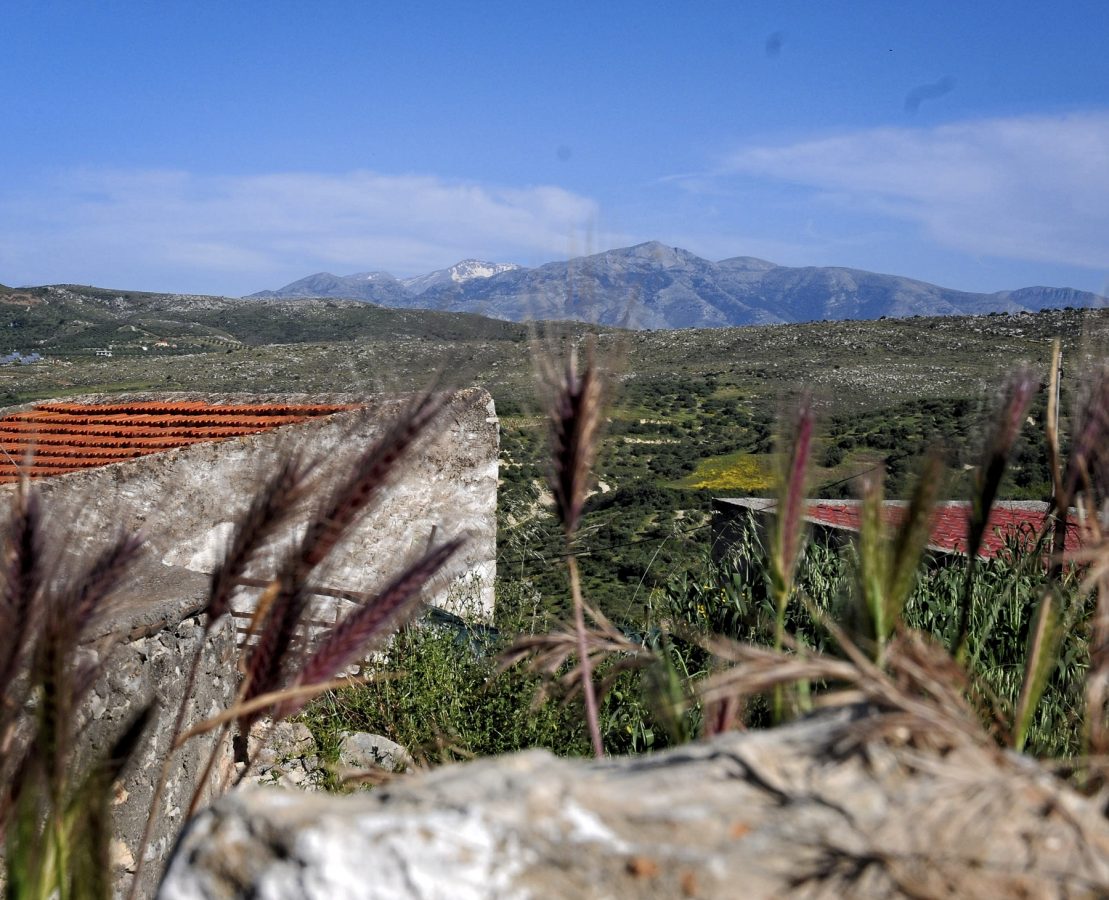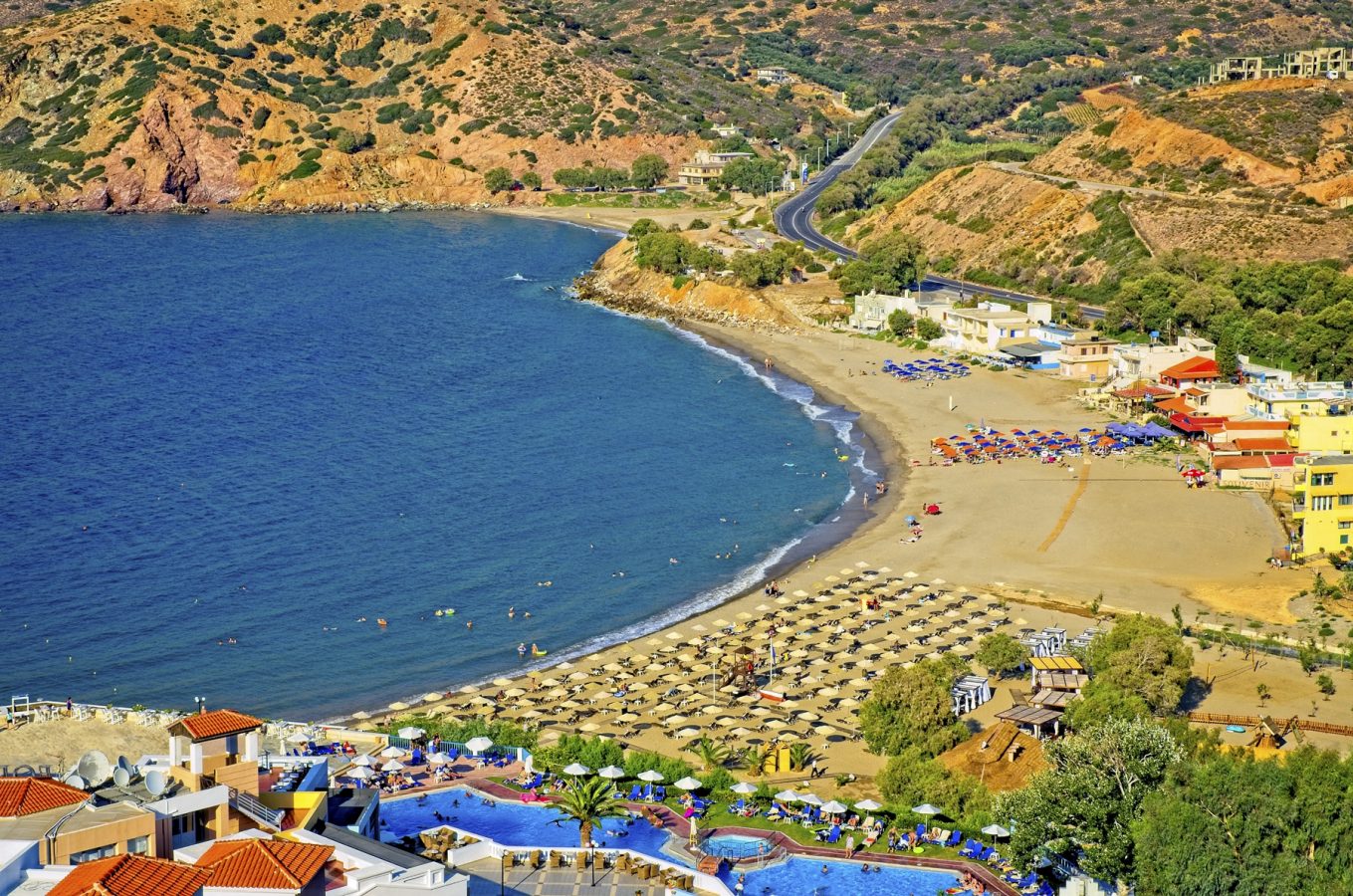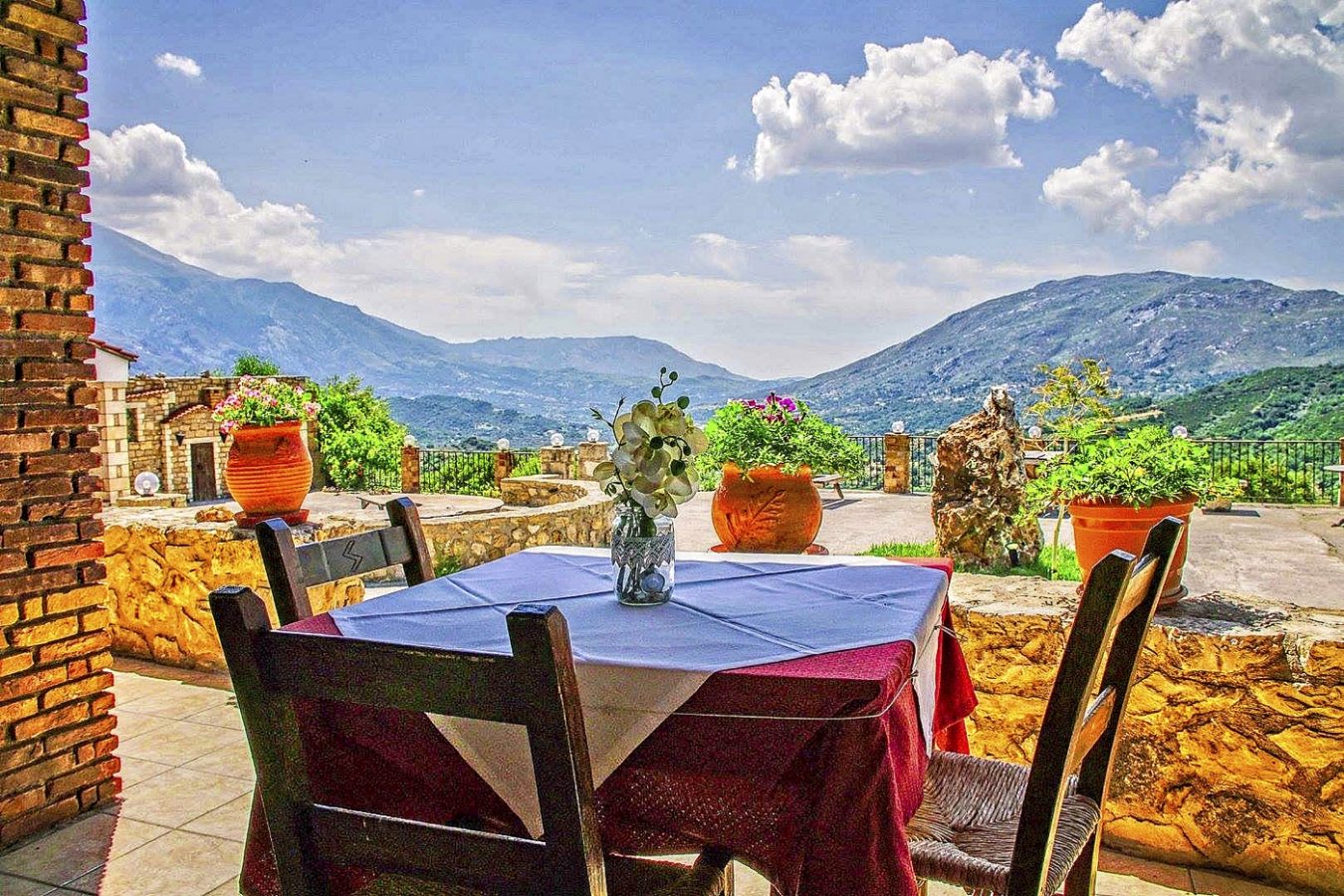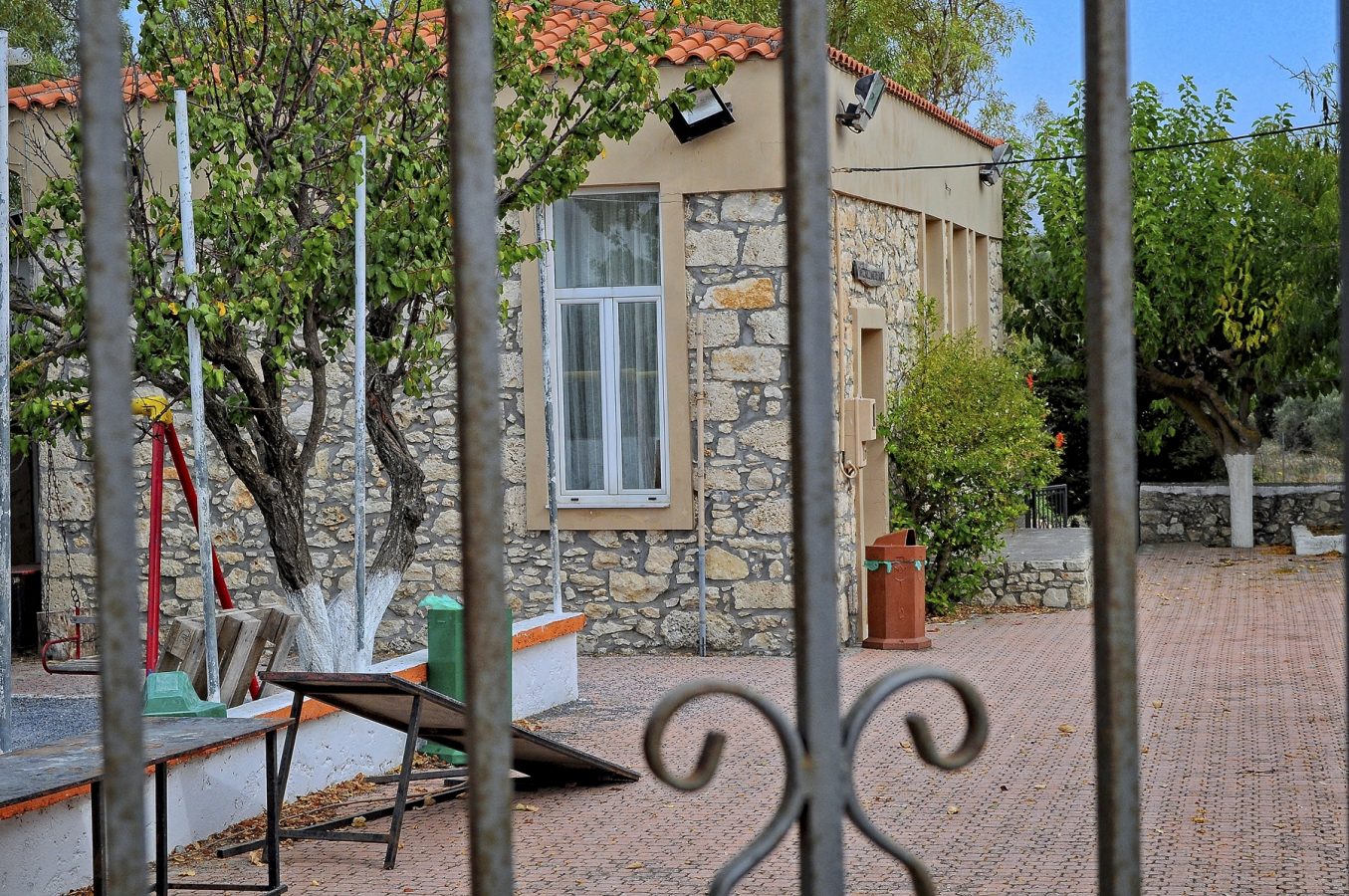Earlier in December analysts at the National Bank of Greece (NBG) reported that Greece desperately needs a new tourism model. NBG suggested previously that Greece needs to increase the number of luxury hotels, improve island connectivity, and to market in order to attract higher-income travelers as a top priority. But upgrading or building new hotels and other expansive efforts must be counterbalanced and accentuated by a total remake of local economies and values as well. The people of Greece, and the tourists who will visit, deserve a full view and a voice on a sustainable Greece.
A Ten Year Plan: Every Year, a Ten Year Plan
Back in June, Greek Tourism Confederation (SETE) President Yiannis Retsos joined Greek Prime Minister Kyriakos Mitsotakis in calling for a national development plan that would lead Greece to become a more “mature” tourism destination of higher standards. Restos went on to frame the situation:
“Tourism entrepreneurship without environmental protection is impossible to exist… We cannot talk about balanced and long-term tourism development if it does not include the concept of sustainability in a comprehensive way.”
He explained that this new plan must move to protect the environment, including social reciprocity, boost local employment, and maintain and promote local culture. Mitsotakis and Retsos went on to outline the broader scope of a truly sustainable model, including facets like agriculture, energy, and so forth. Of course, both men were right. The problem lies in their motivation and their ironclad dedication to the status quo.
Naturally, there is skepticism based on concerns the Mitsotakis plans are wordplay because of the Next Generation EU recovery monies and the new seven-year budget (2021 – 2027) of the European Union that was being formulated at the time of these statements. We’ve seen Athens work up “patch jobs” before, in order to tweak funds from the EU and investors. And Greece does not need any more quasi-models, that’s for sure. We’re already seeing what looks like a reapportionment, rather than a new model taking shape.

Every person on the street here in Heraklion can tell you about billions apportioned to help Greeks and the trickle-down effect that just keeps heads above water. Just this past week at the 22nd Annual Capital Link – Invest in Greece Forum, key hospitality experts agreed with this assessment, as investors seem poised to rework hotels to meet the projected demand for the luxury segment. Alejandro Hernández-Puértola, founding partner and CEO of hospitality investment group HIP told the forum:
“Greece is a very important tourism market in southern Europe, offering many opportunities to buy and transform hotels, bring new technologies and brands, and reposition hotels.”
With this statement, I can shift gears to show the biggest hurdle to truly sustainable tourism Greece faces. The HIP CEO is correct in saying there are many opportunities. But the problem lies in getting the industry to make a shift. The thinking of die-hard politicians, hoteliers, and the investment community is skewed toward the status quo. Or, put simply, nothing much is going to change. Let me explain using Crete, Greece’s biggest and most visited island.
On Crete: No Sustainability in Sight
In 1980 there are only 811,000 international arrivals to Crete. By 2018 that number had exploded to over 5.4 million. Back in the early 1970s, when Crete’s rural tradition and culture were fully intact, there were only about 20,000 beds island-wide. Now there are more than 270,000. According to the report (PDF) “Tourism, Infrastructure, Health, and Environment for the Island of Crete”, the island is not really in any danger of overtourism. Interestingly, or alarmingly depending on your point of view, the scholarly research being done to determine true sustainability, works numbers like a Las Vegas bookie. This sustainability and developmental study assure us Crete has amble water. The scientists insist there is sufficient quality in Heraklion’s drinking water (Heraklion residents, stop laughing now), and that 1166 hotel beds per kilometer of beaches are not too many. Even garbage management seems ideal for the boosting of tourist flows!

So, everything is ideal, or so the report shows. Now, HIP and other investment entities can just swoop right in and either take ownership of COVID foreclosures or build spanking new 5-Star all-inclusive beach resorts. That is, according to the economists who wrote this report, COVID-19 presents an opportunity to not only drive more tourists post-pandemic but to extend the tourism season, which will, in turn, put more pressure on Crete’s systems. There is a big problem, that is not shown in the report. The people and the culture of the island are at risk. The overall product is at risk. And the government’s idea of public-private sector partnering for a future is the problem. The money is doing too much talking, and all the talk is about short to mid-term wins.
Let’s look at Crete’s water situation. The island does NOT have ample water as the aforementioned report suggests. National Geographic can usually be trusted for facts, and this report from them say the aquifers are draining faster than they can refill. As for tap water, at least in the capital of Heraklion, nobody drinks it. Everyone buys bottled water on account of the city’s grotesquely old and dangerous water lines. While local officials are trying to tackle the issue, amply potable water from a tap is just not here. And it’s clear the researchers who wrote this glowing growth report, never visited any of Crete’s towns. I am a city boy from the south in the US, and no town there has more trash, dog and cat poop, dead animal carcasses, and soda cans lining its streets.
Somehow, magically, these scientists seem to have missed another scholarly report showing how Crete is among the top ten most overcrowded EU tourism regions. A report from May of this year, ”An Appraisal of Over-tourism on the Island of Crete, Greece”, by John Vourdoubas of the Mediterranean Agronomic Institute of Chania, shows that a key variable, bed nights per local resident, is off the scale when Crete is compared to the rest of Greece. The disparity between political/investment fantasy and hardcore local reality is gaping and wide. It’s as if anyone loosely associated with big business or government is living on another planet.
Market Forces: A New and Better Look
Obtuseness and detached reporting are not the only problems. The economists, investors, and politicians who have cornered the market on Greece’s sustainable practice, are not even good bean counters, at least not for the long term. All their prognostications and practice revolve, more or less, around archaic market profitability ideas. I am no expert on the “Porter’s Five Forces” framework, but I was able to find new ideas about long-term profitability – which is the “sustainability” Bible for all these quasi-experts. Since this model of profitability was established back in 1980, the key thinkers point out that Porter’s framework ignored time, and the model is also incomplete.
“Revising Porter’s Five Forces Model for Application in the Travel and Tourism Industry”, by Professor Konstantinos Andriotis, interjected a new dynamism into the idea of long-term tourism equitability. The report, which was submitted way back in 2004, highlighted the need for government to assist entrepreneurs in mitigating the power of intermediaries. So, sixteen years ago the academians in Thessaloniki, and the politicians in Athens had research showing big tourism organizers like TUI exert undue pressure and influence, and especially in Greece.

They also had the solution, the balance that might have already transformed Greece’s tourism model to fully sustainable. Direct marketing via digital, to offset the overbalance. Quoting Dr. Andriotis from the 2004 study directly:
“To eliminate the intermediation of foreign tour operators and receive more benefits from tourism, there is a need to use the power of ITs. For example, to enable the transfer of information between bodies and individuals interested in the direct purchase of accommodation, transportation, excursions, tourist attractions, and events online.”
Unfortunately, it seems very few decision-makers or investors took Dr. Andriotis’ ideas to heart. Tourism in Greece has been deregulated to the point that the middlemen run the show almost exclusively. Crete, in particular, is marketed by the big tour companies to be cheaper than Egypt or Turkey, and the people, villages, culture, and the environment suffer.

Andriotis and others have been heralding a new and better way for decades now. In his book “Degrowth in Tourism: Conceptual, Theoretical and Philosophical Issues”, the professor took a look at something termed “degrowth”, or a concept of downsizing or “rightsizing” tourism to suit the landscape. While these ideas must send shivers down the spines of vested interests in Greece, this is the way to a truly sustainable future on Crete, and elsewhere.
The free-market forces that were the promise of poor, declining villages of Crete, only made the well-to-do better off. And the shortsightedness of these elites will eventually end the real value offer Crete and other Greek isles use to sustain. Not only will the villages be empty, but the 3,000 beds for every kilometer of seashore will also drain Crete dry of every resource. If the politicians are not pressured, if TUI or its replacement is allowed free reign, no one will want to visit the island where the Minoans lived in harmony for thousands of years. And a key value here on Crete, the love for tourists by locals, is already mutating into antagonism. One of the friendliest places on Earth is spiraling into a European Miami Beach. All that’s missing are a few more high-rises, the hookers and street gangs, drug cartels, and big parking lots.
Obvious (to some) Answers
Some years back a good friend and colleague who is the marketing guru for a couple of hundred Greek hotels framed part of the problem for me. He told me:
“Phil, they don’t want our help booking guests. The big tour companies guarantee their occupancy. Direct bookings are of no interest. They get a lump sum for discount sales, and this pays their bills.”
We were staying over Christmas at a 5-Star luxury resort on the south coast of Crete. The value of the place struck me, and I could not believe the owners cared nothing for optimizing profits. As long as their buffet line stayed full, the “machine” of Crete tourism was working just fine. Welcome to the world of mediocrity, the status quo, and the pitiful genius of today’s Greek entrepreneur.

The politicians, the hoteliers, the big-time investors, they must have all tuned in to the Harvard Business School TV channel for too long. Stuck, they all seem to be, when right under their noses the biggest “win-win” ever glow like one of those golden Minoan axes archaeologists found here. Instead of following the laws of supply and demand, the rocket scientists who bend over and pray to TUI gods, scramble to turn economics upside down. Instead of striving to increase the demand and at the same time limit supply, they only bend over backward to create more supply. In a FINITE WORLD, mind you. Competition now, it’s only about price and availability. So, Crete with 5,000 beds per kilometer of beachfront is the goal.
What if these hotelier associations were to think about a way to regulate future hotel expansions? I wonder what would happen if they lobbied Athens to regulate further hotel developments? And the politicians. What if, instead of kissing TUI’s backside, they promoted the idea of rebuilding villages? What kind of profit margin could be gleaned from village experiences at rebuilt villas and homes? What if all those deserted places were rejuvenated so that agricultural and manufacturing business returned? I wonder what a truly visionary and holistic sustainability effort would look like.
Think about it. My friend who owns one of Crete’s nicest and most unique beach resorts – his competition would be locked in – and maybe even some price parity agreements could be struck? I bet he would consider new growth in the rental villa or artist retreat sector too. Another wealthy hotelier I know, I know he’s already interested in agrotourism, for a stretch of a beautiful gorge his family owns. Set the supply – market collectively and individually to increased demand – and charge whatever the market will bear. Wow. A chicken in every Cretan’s pot. The pension system relieved. The debt pushed down. And a Greek holiday dream kept alive, for as long as Earth goes on.
Next, key thinkers and ordinary citizens in interviews on just such prospects.
[…] a hint of silver. Here in Greece, a vacation paradise like no other, old ways anchor progress and sustainability down. All hope for the future here is “pinned” to business as usual. And hoteliers are […]